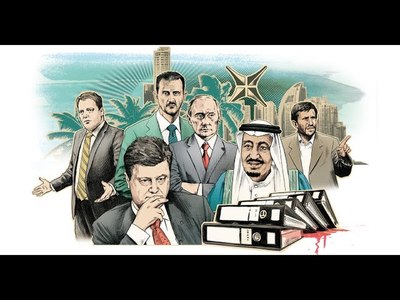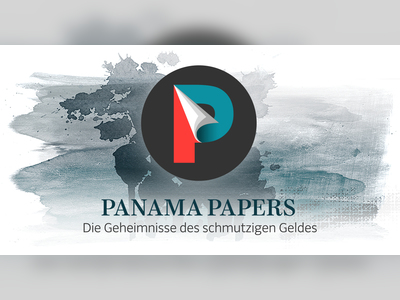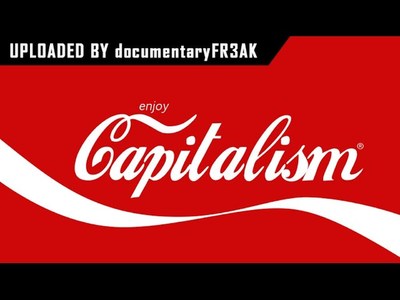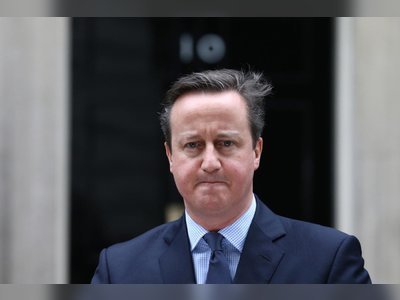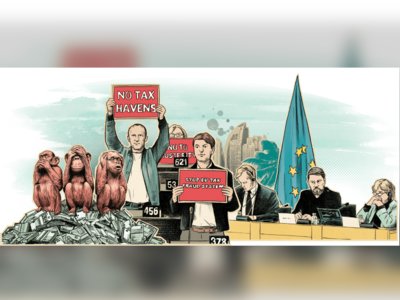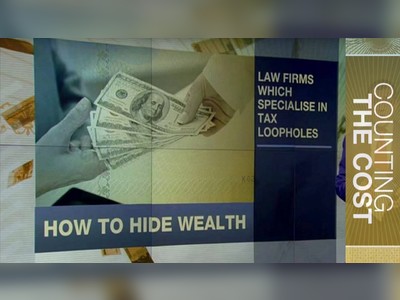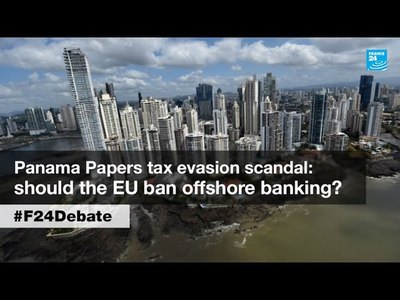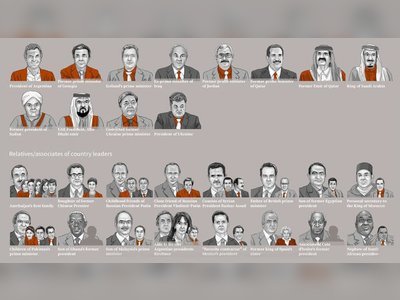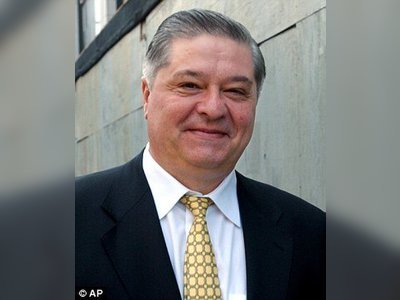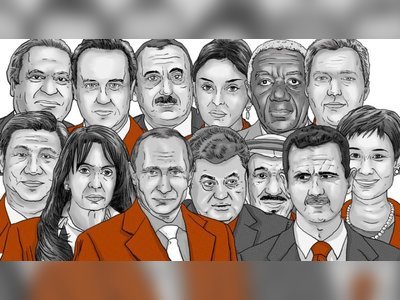The Panama Papers shocked the world this week when a massive leak of 11.5 million tax documents exposed the secret dealings of hundreds of thousands of people, including world leaders and celebrities, and how they use shady financial mechanisms to avoid paying taxes and hide their wealth.
Linking at least 12 current and former heads of state and 143 politicians to illicit financial transactions, the documents revealed how Mossack Fonseca, a Panama-based law firm, allegedly used banks, law firms and offshore shell companies, from 1977 to the end of 2015, to help hide its clients assets.
While the disclosures have since led to the resignation of one world leader, Sigmundur Davio Gunnlaugsson, the Icelandic prime minister; the problem goes beyond mere individuals.
The Panama Papers have exposed that most of the work Mossack Fonseca and the rest of the wealth-management industry do is perfectly legal.
On this special edition of Counting the Cost, we take a closer look at tax havens and the legality behind them.
Alex Cobham, a director of research at the Tax Justice Network, joins the programme to discuss the loopholes that allow tax-dodging.
Stewart Patton, a US tax attorney based in Belize City, discusses the possible fallout for tax havens following the release of the Panama Papers.
We also speak to James S Henry, a senior fellow at Columbia University's Center for Sustainable Investment, about the absence of American billionaires and companies on the leaked list and how the US, the world's biggest economy, is surprisingly a top tax haven.
While the disclosures have since led to the resignation of one world leader, Sigmundur Davio Gunnlaugsson, the Icelandic prime minister; the problem goes beyond mere individuals.
The Panama Papers have exposed that most of the work Mossack Fonseca and the rest of the wealth-management industry do is perfectly legal.
On this special edition of Counting the Cost, we take a closer look at tax havens and the legality behind them.
Alex Cobham, a director of research at the Tax Justice Network, joins the programme to discuss the loopholes that allow tax-dodging.
Stewart Patton, a US tax attorney based in Belize City, discusses the possible fallout for tax havens following the release of the Panama Papers.
We also speak to James S Henry, a senior fellow at Columbia University's Center for Sustainable Investment, about the absence of American billionaires and companies on the leaked list and how the US, the world's biggest economy, is surprisingly a top tax haven.
